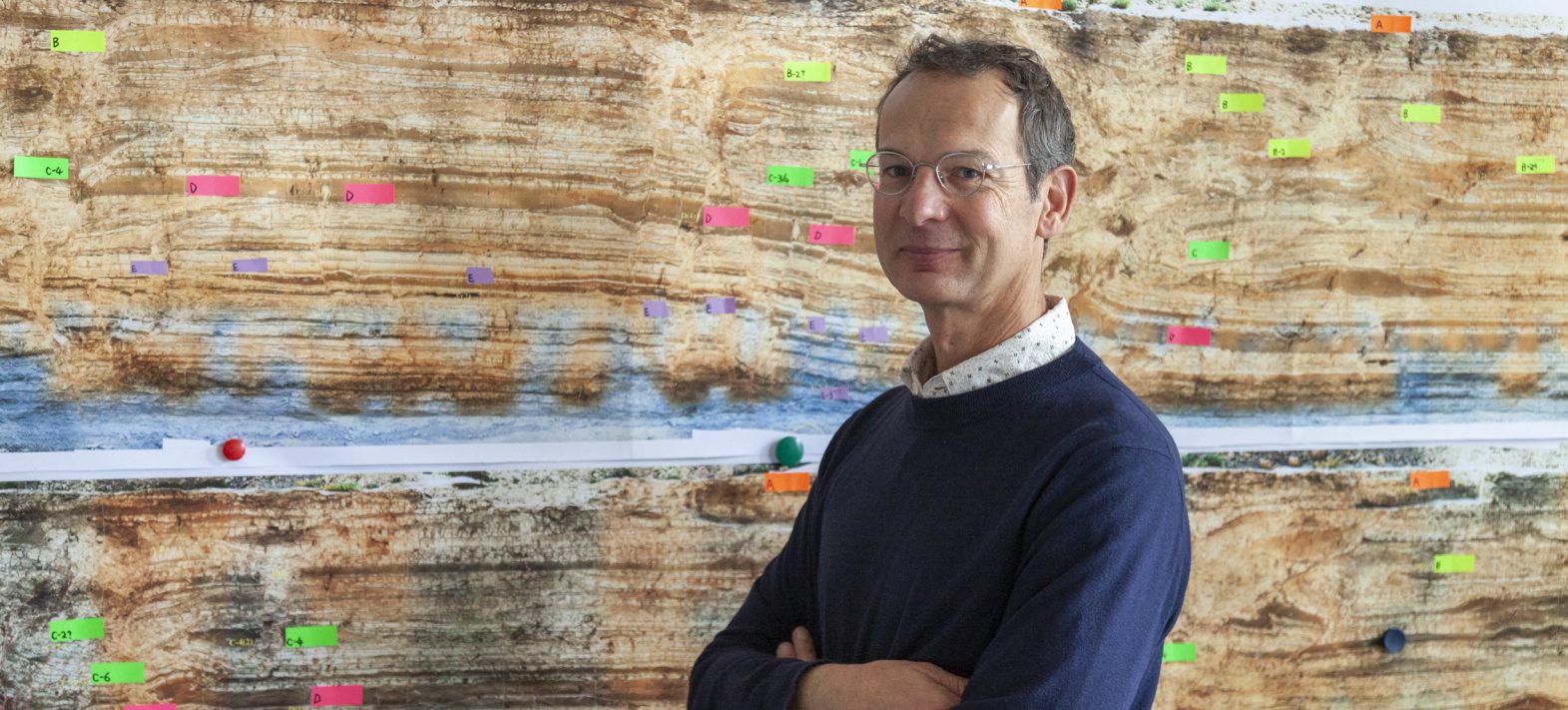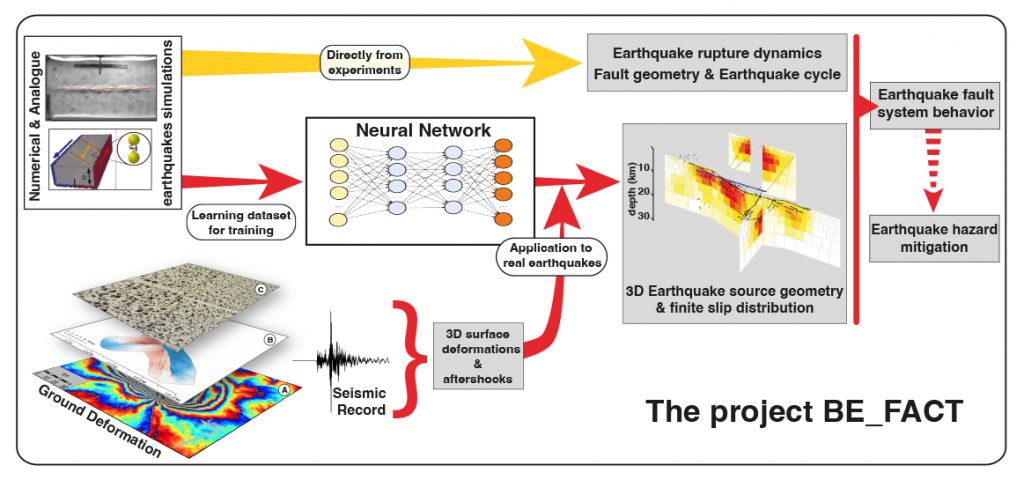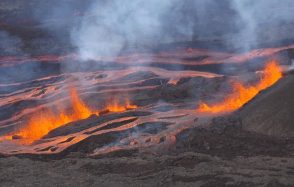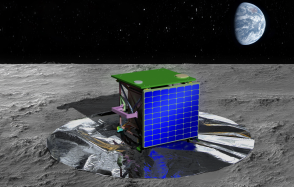Yann Klinger awarded ERC Advanced Grant 2023
Yann Klinger, CNRS Research Director and head of the Tectonics and Mechanics of the Lithosphere team at the IPGP, has been awarded the prestigious European "ERC Advanced Grant" for his BE_FACT project.

Publication date: 11/04/2024
Awards and Distinctions, Press, Research
Related teams :
Tectonics and Mechanics of the Lithosphere









